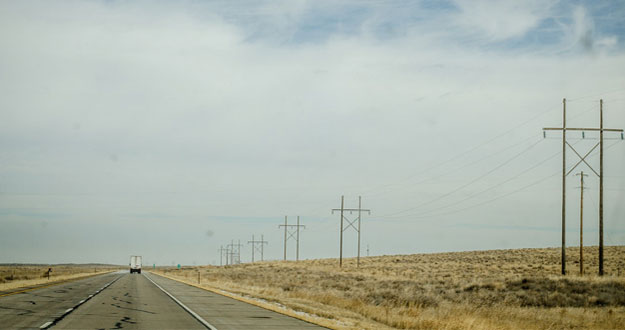Rural Health Care Challenges
Attention A T users. To access the menus on this page please perform the following steps.
1. Please switch auto forms mode to off.
2. Hit enter to expand a main menu option (Health, Benefits, etc).
3. To enter and activate the submenu links, hit the down arrow.
You will now be able to tab or arrow up or down through the submenu options to access/activate the submenu links.
Locator
Contact
Search
VA »
Health Care »
PTSD: National Center for PTSD
» Providers
»
Rural Healthcare Challenges - Rural Provider PTSD Toolkit
PTSD: National Center for PTSD
Rural Healthcare Challenges - Rural Provider PTSD Toolkit
Rural Provider PTSD Toolkit

Both older rural Veterans and those who have recently served may face multiple medical issues. Sixteen percent of VA-enrolled rural Veterans served in Iraq and/or Afghanistan and many of these younger rural Veterans live with multiple medical issues related to military service that require significant, ongoing access to care. The majority of older Veterans have one or more chronic medical conditions, such as diabetes, high blood pressure, or heart conditions that require frequent, continuing, and expensive care.
While the attributes of small town life are attractive to many Veterans, rural living often brings health care delivery challenges which include provider and specialist shortages, fewer health care facilities, community hospital closings due to financial instability, geographic barriers, and limited transportation options. One way health care delivery has grown to overcome some of these access barriers is through the use of technology. (Read more in the Optimizing Rural Care section.) However, limited broadband access among rural Veterans may leave options for health education, web-based self-care and telemedicine out of reach. For example, in a 2017 VA Survey of Enrollees, most of the rural respondents who access the internet at least occasionally (60%) report using a cell phone for this purpose every day. Twenty-three percent of the respondents reported lesser frequency accessing the internet with a cell phone, and 10% reported having no cell phone at all.2
While the attributes of small town life are attractive to many Veterans, rural living often brings health care delivery challenges which include provider and specialist shortages, fewer health care facilities, community hospital closings due to financial instability, geographic barriers, and limited transportation options. One way health care delivery has grown to overcome some of these access barriers is through the use of technology. (Read more in the Optimizing Rural Care section.) However, limited broadband access among rural Veterans may leave options for health education, web-based self-care and telemedicine out of reach. For example, in a 2017 VA Survey of Enrollees, most of the rural respondents who access the internet at least occasionally (60%) report using a cell phone for this purpose every day. Twenty-three percent of the respondents reported lesser frequency accessing the internet with a cell phone, and 10% reported having no cell phone at all.2























